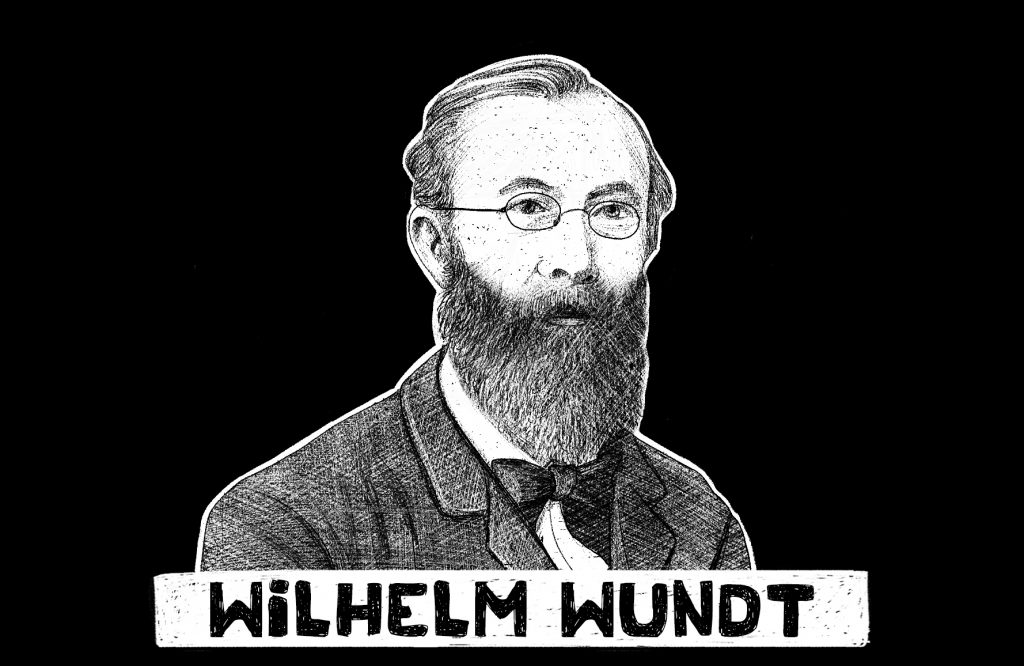The title "Father of Psychology" is not given lightly, and in the world of psychology, it is synonymous with Wilhelm Wundt. This title signifies his pivotal role in establishing psychology as an independent scientific discipline. Wilhelm Wundt's foundational contributions laid the groundwork for modern psychological study, positioning him as a central figure in the history of the field. His innovative approach to understanding the human mind and behaviour through experimental methods has left an indelible mark on psychology. This blog explores Wundt's life, academic journey, major contributions, and lasting impact on the field of psychology.
- Blogs
- Psychology
- Wilhelm Wundt Father Of Psychology 665eb37abdccdd0001d2fdcb
Wilhelm Wundt: Father of Psychology
Psychology • 4 Jun, 2024 • 5,364 Views • ⭐ 1.0
Written by Shivani Chourasia

Early Life and Education
:max_bytes(150000):strip_icc()/WilhelmWundt-cropped-9aacabf9ba714732846d5ecdc26db066.jpg)
Wilhelm Wundt was born on August 16, 1832, in the small German village of Neckarau, now part of Mannheim. He was the fourth child of Maximilian Wundt, a Lutheran minister, and his wife Marie Frederike, née Arnold. From an early age, Wundt exhibited a keen intellect and a profound interest in the natural sciences, a passion likely influenced by his father's academic background.
Wundt's early education was rigorous and broad. He attended the Gymnasium at Bruschel and later the University of Tübingen, where he initially studied medicine. His educational journey was marked by significant events and influences that shaped his future career. At the University of Tübingen, Wundt's interest in the workings of the human mind began to take shape, influenced by his mentor, the physiologist Hermann von Helmholtz. Helmholtz was a towering figure in the field of physiology, known for his groundbreaking research on the speed of nerve conduction, and he played a crucial role in nurturing Wundt's scientific curiosity.
PSYCHOLOGY QUIZ • 10 QUESTIONS • 2 MINS
We've got a Psychology quiz for you!
TAP TO PLAY

Wundt completed his medical degree in 1856 and continued his studies under Helmholtz, working as an assistant in his laboratory. This experience was crucial in shaping Wundt's scientific approach and his belief in the importance of experimental methods. It was during this period that Wundt began to explore the idea of applying experimental techniques to the study of the mind, laying the groundwork for his future contributions to psychology.
Academic and Professional Journey
